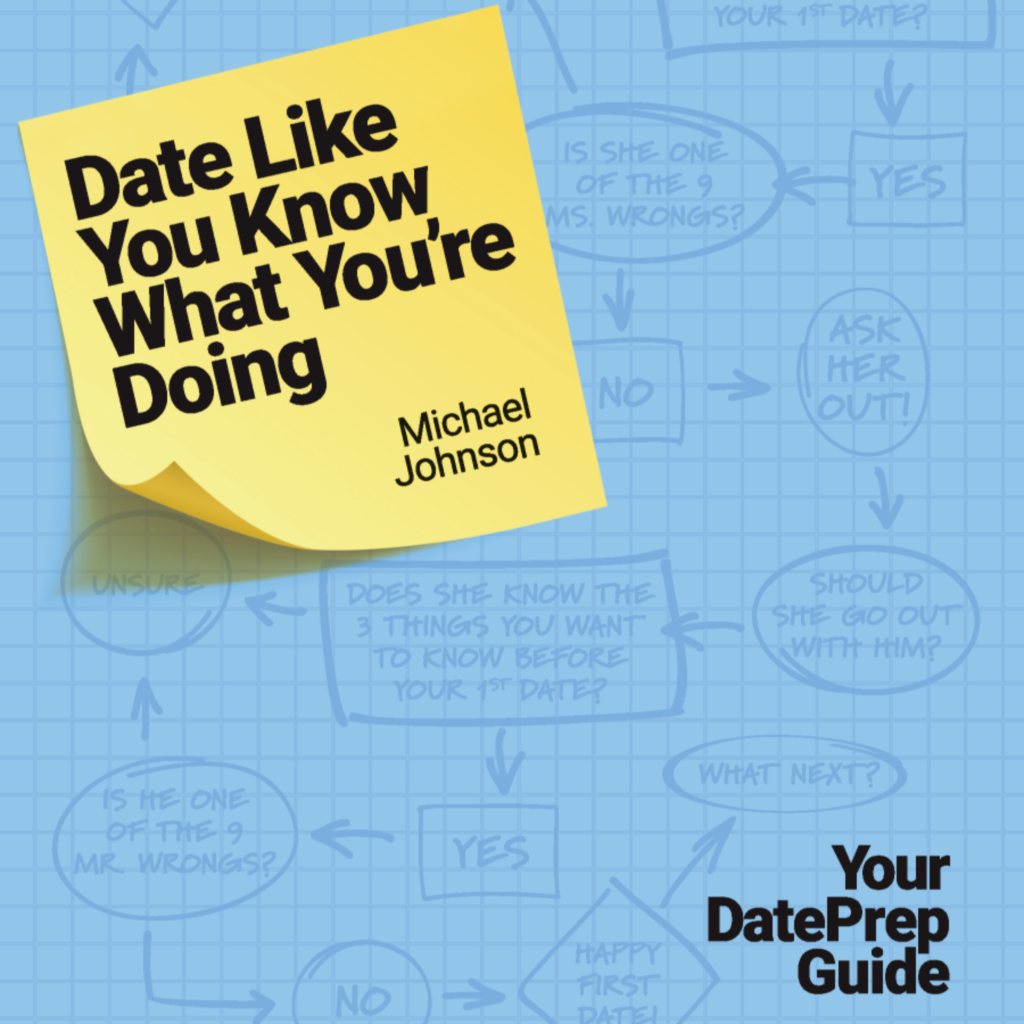 Usually when we think of the friend zone it’s something imposed on the friend-zonee by the friend-zoner, but what if the manner in which you relate to attractive members of the opposite sex results in you essentially friend-zoning yourself?
Usually when we think of the friend zone it’s something imposed on the friend-zonee by the friend-zoner, but what if the manner in which you relate to attractive members of the opposite sex results in you essentially friend-zoning yourself?
In this post, we’re going to explain how this happens to many and how to make sure it doesn’t happen to you.
For background, we’ve already presented six common reasons you get friend-zoned in our current Date Night Advice (DNA) series, The Friend Zone Files, but today’s seventh reason is kinda personal for me, because I was guilty of it. With several girls.
Indeed, if I were in the place of any of these young ladies, I would have friend-zoned myself.
And, in retrospect, I did. I did friend-zone myself.
How?
By initiating a relationship under false pretenses.
Could you be guilty of the same thing?
If you so, you are likely completely unaware of your own deception. I certainly was.
Here’s how the ruse would take place. It would start with a woman I knew I wanted to be my woman. Not just a friend, but a girlfriend.
But I had heard somewhere that the best romances begin as friendships, so I would approach said “love interest” with no other expressed desire, but friendship.
If you can relate at all, you can see I was wanting to do the right thing. I wasn’t trying to be deceptive.
But I was.
Maybe I fooled the girl at first into thinking I was just a great guy who could be the best friend she ever had or maybe she was onto my ulterior motives from the start. Regardless, once I initiated the DTR (Define The Relationship) talk three months later (or three days later, or at the end of the first date) my true motivations would be exposed.
And now when I look back on it, I can see how misleading it was. And honestly, how disappointing that could have been for the girl. Especially if she was actually looking for a good guy friend.
So what are you to do if you’re truly interested in someone as more than a friend, before you even know them as a friend? Should you declare your intentions of moving toward marriage before the first date?
Probably not.
Instead, I have another suggestion. What about truly pursuing a friendship?
I’m not talking about denying your feelings, but determining to discipline them.
No doubt this would not be easy. I wouldn’t even try it alone.
In fact, I would encourage you to acknowledge your feelings to a couple of good friends.
No! Not so they can find out how the other person feels about you, but so they can pray for you in this relationship; that you could keep your mind on the other person as a friend – or better yet – as a brother or sister in Christ.
Because the truth is every enduring love story must – and I mean must – at some point grow a deep abiding friendship. And, believe it or don’t, the healthiest, safest, and most logical point in a relationship for that kind of friendship to grow is in the beginning.
Indeed, this principle not only works in romance, but in all relationships. Relationship expert, Dr. John Van Epp, even gives us a pattern to follow with his Relationship Attachment Model (RAM):
- You should only trust someone as much as you know them
- You should only rely on someone as much as you can trust them
- You should only depend on someone as much as you can rely on them
- You should only commit to someone as much as you can depend on them
In other words, healthy relationships are built on shared knowledge of each other, more than on shared feelings for each other. Of course, a healthy relationship should involve plenty of good vibes, but the kind of vibes which arise from romantic attraction alone simply can’t touch the kind which grow out of a mutual respect based on character and commitment to the relationship.
So, with the help of friends who want your long-term wholeness more than your short-term happiness, seek to grow that kind of relationship with this person. As an end unto itself.
Here’s some further tips for success:
- Let your First Love guide your love life by nurturing your relationship with God through regular prayer and Bible study.
- Don’t pursue a relationship with this person at all until you have a healthy Christian community where you’re already known and loved.
- Limit your one-on-one time by meeting in groups (especially with those friends who are holding you accountable).
- Only meet in public places.
- Don’t do date-like activities.
- Make sure you spend more time with your other friends than you do with this person.
- Don’t share too much too soon and NEVER share intimate details of your life that your other close friends don’t already know.
- Stay focused on what you know about the person and the relationship instead of obsessing about how you feel about the person or the relationship.
- Keep your mind focused on where your relationship is right now in the present, instead of daydreaming about where it might go.
- Focus on simply being a good friend, instead of trying to “win” their attention or affection.
Even following the above guidelines, this isn’t a risk free proposition. Your feelings could grow for this person while their feelings go nowhere, but that’s a risk we take even in friendship or work relationships. On the other hand, you could get to know this person well enough to see them as only a friend. Or maybe you’ll discover you wouldn’t even want them as a friend, much less a lover.
Remember healthy relationships grow slowly over time. Just consider the RAM guidelines above. (And if you’re intrigued by the RAM you owe it to yourself to check it out in this video.) Does that process look like something you could run through in two or three months? No! It doesn’t.
Of course, in movies “love” blossoms over a Summer, or a weekend, or at first sight, but you don’t live in a movie. You live in real life. Real life lasts quite a bit longer than a 90-minute film, which means you have to live with the consequences of your choices a lot longer.
So discipline your feelings, truly seek friendship, and let your relationship grow naturally over time.
And if it doesn’t work?
Well, maybe you wind up getting friend-zoned anyway, but at least it won’t be because you friend-zoned yourself.
By the way, the deceptive dating pattern described above we call bait-and-switch dating, and you can learn more about it in the LoveEd episode below, from our series, Stuff You Should Know Before You Date, on our FMU YouTube channel.
Date Night Advice (DNA) series: The Friend Zone Files
Part 5: Don’t Friend-Zone Yourself
Click here for the next post in the series.
DNA: It’s What’s For Dating
Dug this weekend’s DNA? Be a good friend and share with your friends on the social media platform of choice: Instagram, Youtube, Facebook, or Twitter.
 The LoveEd discipleship series, Beyond Sex & Salvation, will empower you to prepare for relational success when it counts: BEFORE you fall in love!
The LoveEd discipleship series, Beyond Sex & Salvation, will empower you to prepare for relational success when it counts: BEFORE you fall in love!
It’s NOT for couples, but for any wise individual who thinks they might want to get married sometime before they die. And would like to learn how to better build healthy relationships in the meantime.
Check out all three study guides in our store. You can walk through them on your own, but it’s more fun with friends (that and it kinda makes sense to grow in relational success in actual relationships with others), so consider putting together an FMU LoveEd small group study.
Even better? And ask a rock star married couple you respect to lead it!





